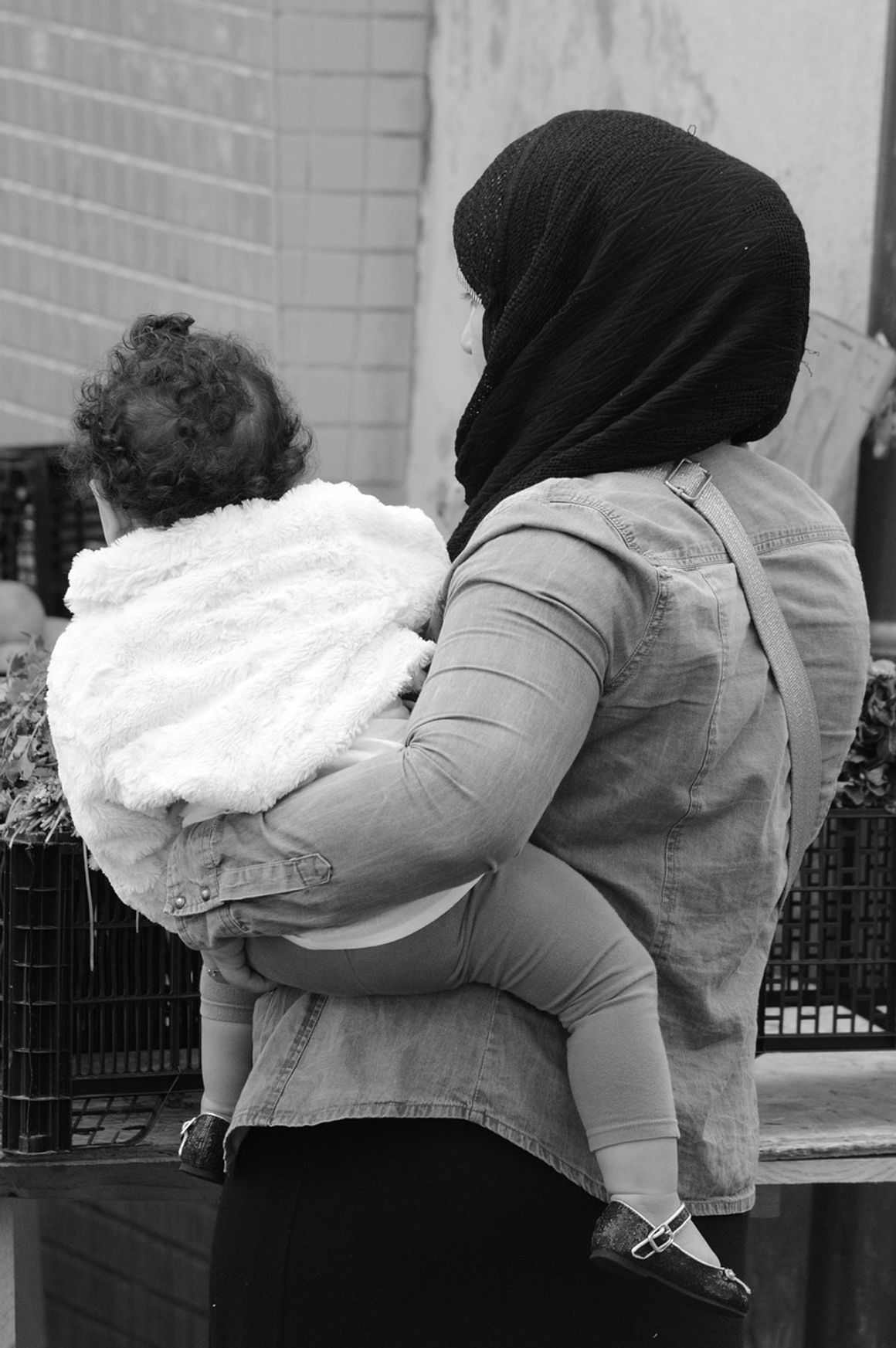Islam places a great emphasis on education and learning, and it is emphasized by the Prophet Muhammad's (peace be upon him) teachings. The importance of education in Islam is in the belief that knowledge is the key to enlightenment, empowerment, and success in this life and the hereafter.
Islam considers education as a lifelong process and encourages Muslims to gain knowledge from the cradle to the grave.
The first revelation of the Quran to the Prophet Muhammad (pbuh) urged him to read, emphasizing the importance of education and knowledge in Islam. Education in Islam goes beyond the traditional classroom setting as it teaches Muslims to learn from observation of the natural world and the people around them. Islamic education encompasses the intellectual, moral, and spiritual dimensions of a person's life.
The emphasis on education in Islam can be seen in Prophet Muhammad's (peace be upon him) teachings. One of his famous quotes states,
Seeking knowledge is a duty upon every Muslim.Prophet Muhammad (pbuh)
This statement highlights the obligation of all Muslims to seek knowledge, whether in religious or secular matters. Prophet Muhammad (peace be upon him) stressed the importance of education for both men and women, saying,
Acquisition of knowledge is obligatory for every Muslim, whether male or female.Prophet Muhammad (pbuh)
From this statement, we see the importance of education in Islam and the equality that is placed between men and women in this regard. The Prophet (peace be upon him) also placed great importance on the education of children, stating that a father has the obligation to teach his child good morals and manners. This shows that education in Islam is not only about cognitive learning but also about character development.
Quran also places great importance on seeking knowledge. It considers it a duty and an act of worship. Muslims are encouraged to learn and educate themselves through various means, including formal education, personal study, and seeking knowledge from learned scholars. The Quran emphasizes the importance of gaining knowledge for personal growth, as well as using that knowledge to contribute to society and serve humanity.
Say, "Are those who know equal to those who do not know?" Only they will remember [who are] people of understanding.Quran 39:9
Education in Islam is a means of acquiring knowledge and enlightenment to serve humanity. Muslims are encouraged to seek knowledge from various sources and not limit themselves to religious scripture alone. Through education, Muslims can contribute to positive change in their communities and the world.
does Islam forbid the education of girls?
Islam does not forbid the education of girls. In fact, Islam encourages both men and women to seek knowledge. There are numerous examples of Muslim women who were scholars, teachers, and leaders in their communities throughout Islamic history. The Prophet Muhammad (peace be upon him) himself taught women and encouraged them to seek knowledge. In modern times, Muslim-majority countries have made significant progress in achieving gender equality in education, with many girls and women pursuing higher education and professional careers. However, there are still some cultural and societal barriers that may hinder access to education for girls.
In conclusion, the importance of education in Islam cannot be overstated. Education represents an essential component of Islam, and the Prophet Muhammad (peace be upon him) emphasized its value throughout his life. It is the responsibility of every Muslim to acquire knowledge to enhance their lives and contribute to the betterment of society.


